- Joined
- Jun 8, 2008
- Messages
- 56,753
Thought we could use a bit of good news...firsthand accounts from people who survived Covid 19. Please share any survivor stories here.
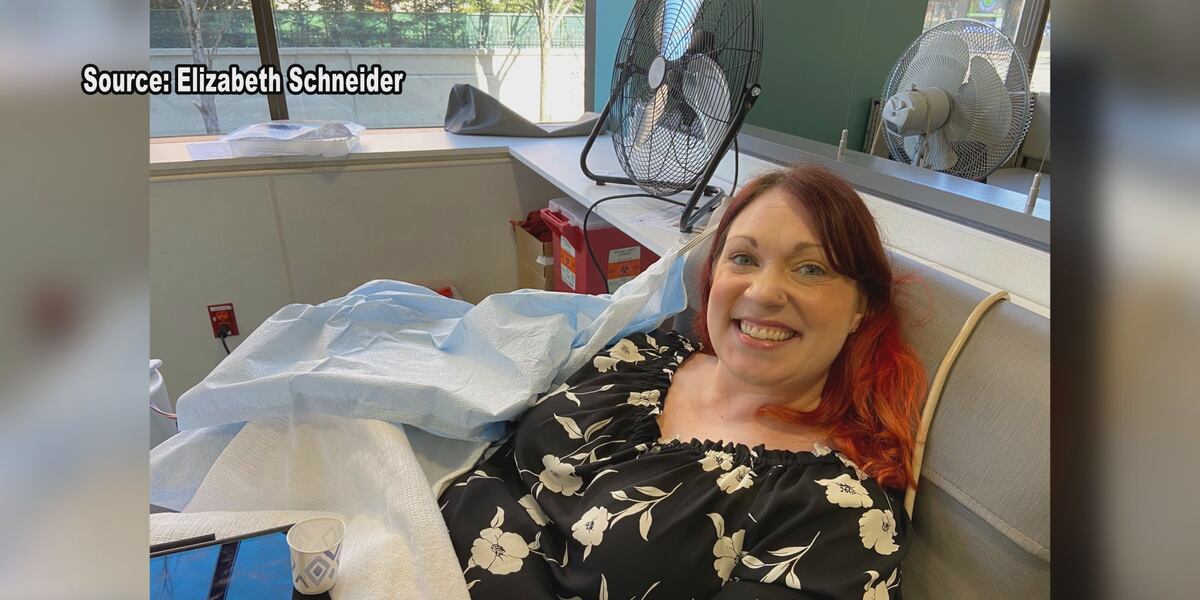
 www.kold.com
www.kold.com

One of the country’s first known COVID-19 survivors shares her story
One woman is using her survival story to help researchers battle COVID-19.
By Megan McNeil | April 16, 2020 at 5:22 PM MST - Updated April 16 at 6:20 PM
TUCSON, Ariz. (KOLD News 13) - Elizabeth Schneider went to a house party in Seattle in late-February. Three days later, she spiked a fever of about 103 degrees.
“I had a fever. I had body aches. I was tired,” Schneider said.
She said she didn’t have a cough but eventually tested positive for COVID-19.
“I was really shocked,” she said.
It was a time when there were only 15 cases of COVID-19, the disease caused by the novel coronavirus, in the U.S. Now, with more than 600,000 cases and 32,000 deaths nationwide, house parties like the one Schneider attended, are a thing of the past.
She wasn’t the only one feeling the shockwaves of her diagnosis. Thousands of miles away from Seattle, her parents Bert and Peggy Schneider were hit hard by the news in the Sonoran desert.
“It was very scary, to say the least,” Peggy Schneider said.

Elizabeth Schneider, a Tucson native who lives in the Pacific Northwest, tested positive for COVID-19 after she attended a party in Seattle, Wash. in late February 2020. Schneider is one of the first known survivors of the disease. (Source: Photo courtesy of Elizabeth Schneider)
“My heart stopped. I couldn’t believe it…so this has hit home for us,” Bert Schneider said.
Elizabeth graduated from Canyon Del Oro High School in 2001 and then the University of Arizona in 2005. After her recovery, Schneider shared her COVID-19 story online — it went viral.
“It sort of just snowballed from there,” she said.
While her story spread through outlets like The New York Times, CNN and FOX News, and after she fully recovered, Schneider was in Tucson for a few weeks helping her parents. She said she felt safer shopping for groceries and running errands for them since she had survived the disease.
Her help, much like her story in the media, would not stop there. As one of the first COVID-19 survivors, Schneider said she signed up for five research studies and is donating blood and plasma for therapies and vaccination research — some of which are looking promising for patients.
“We are very, very proud of what she’s doing,” Peggy Schneider said.
Schneider is still working from home in Seattle but said she plans to come back to Tucson for a few weeks to help her parents again.







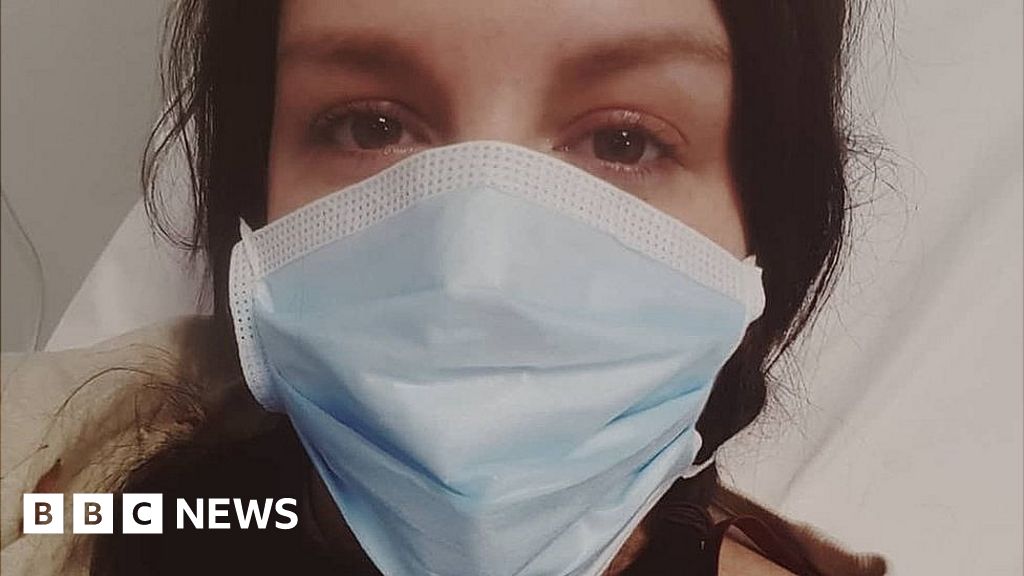
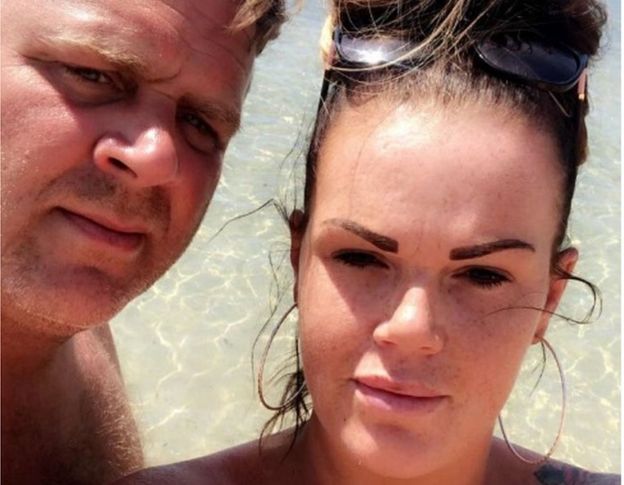
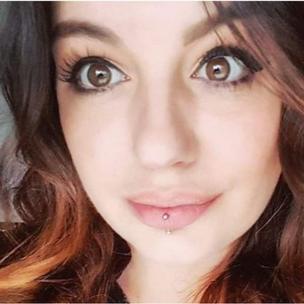
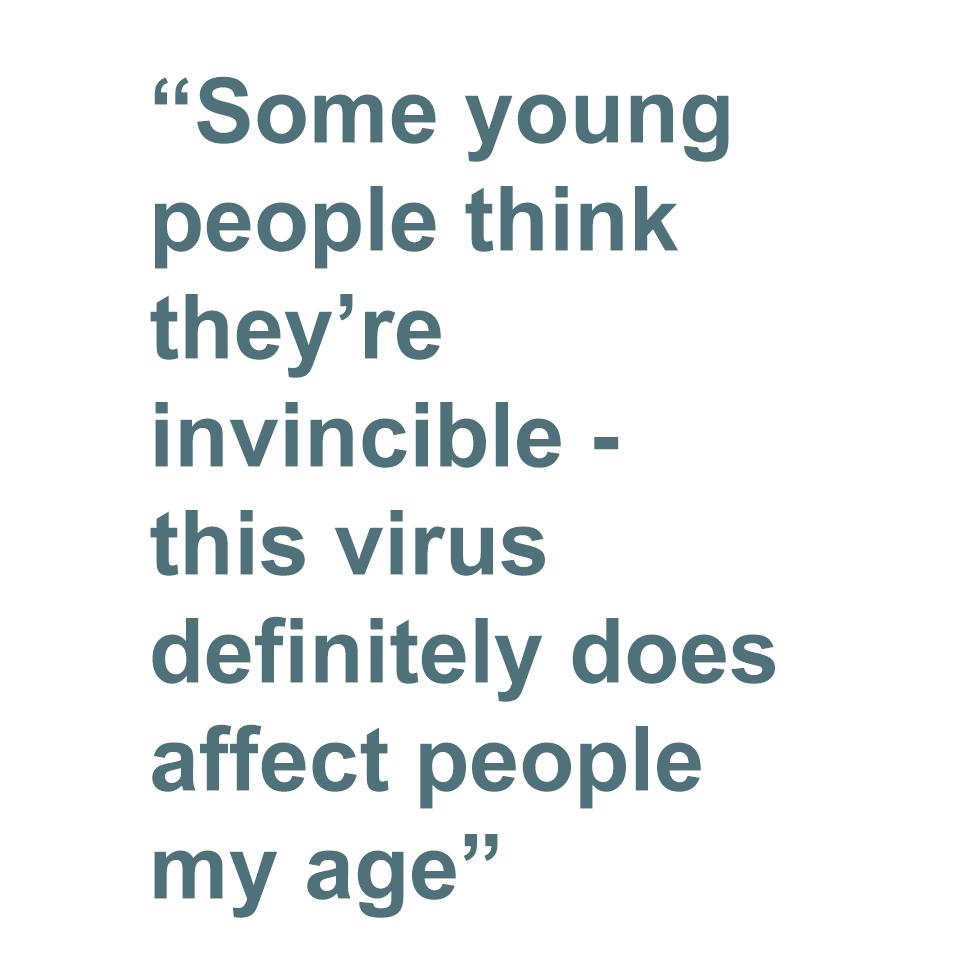
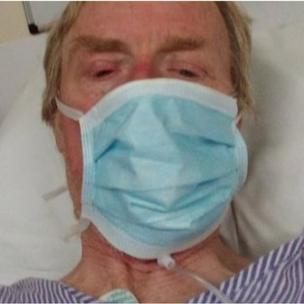
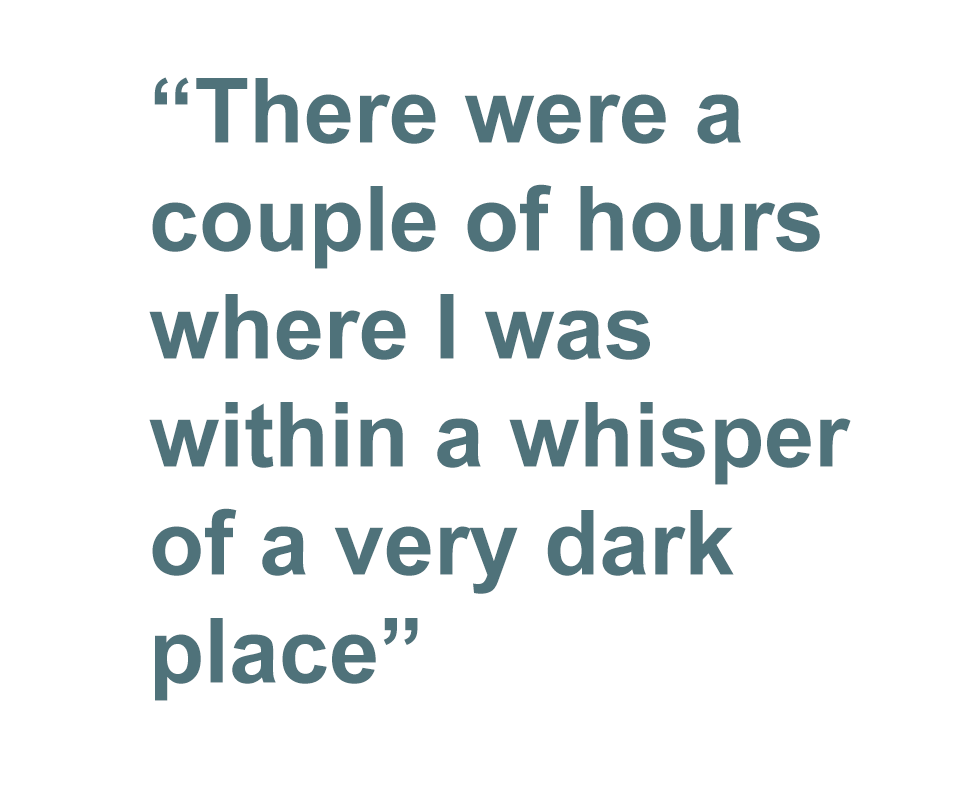
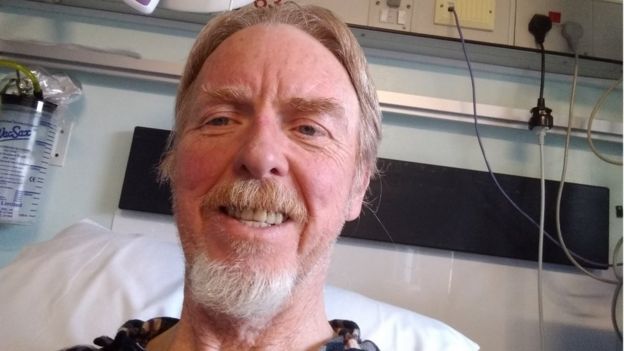

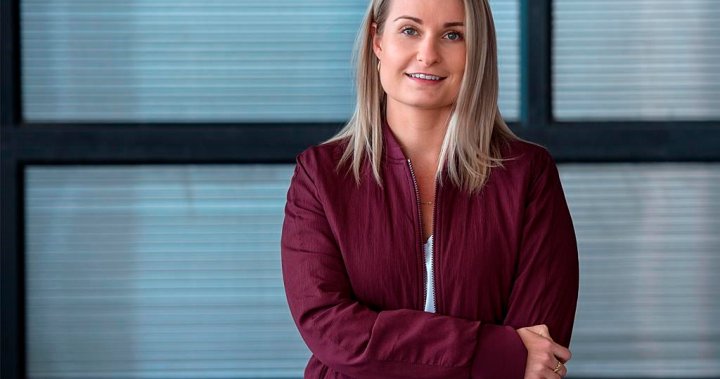
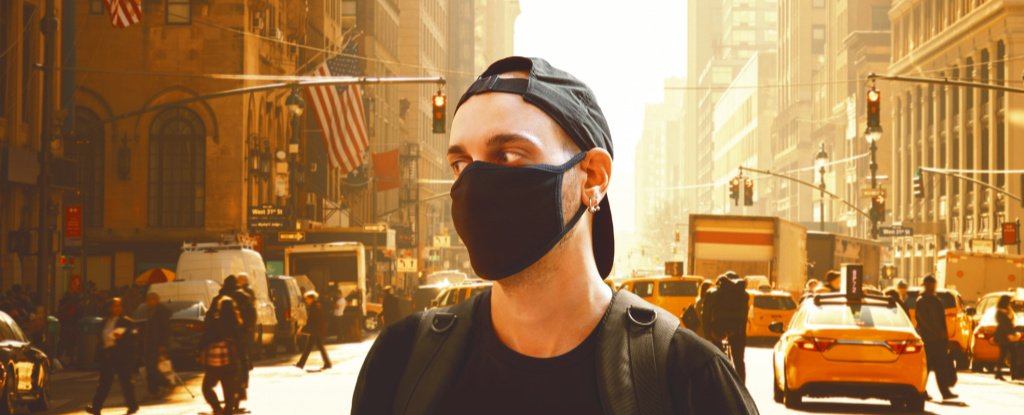
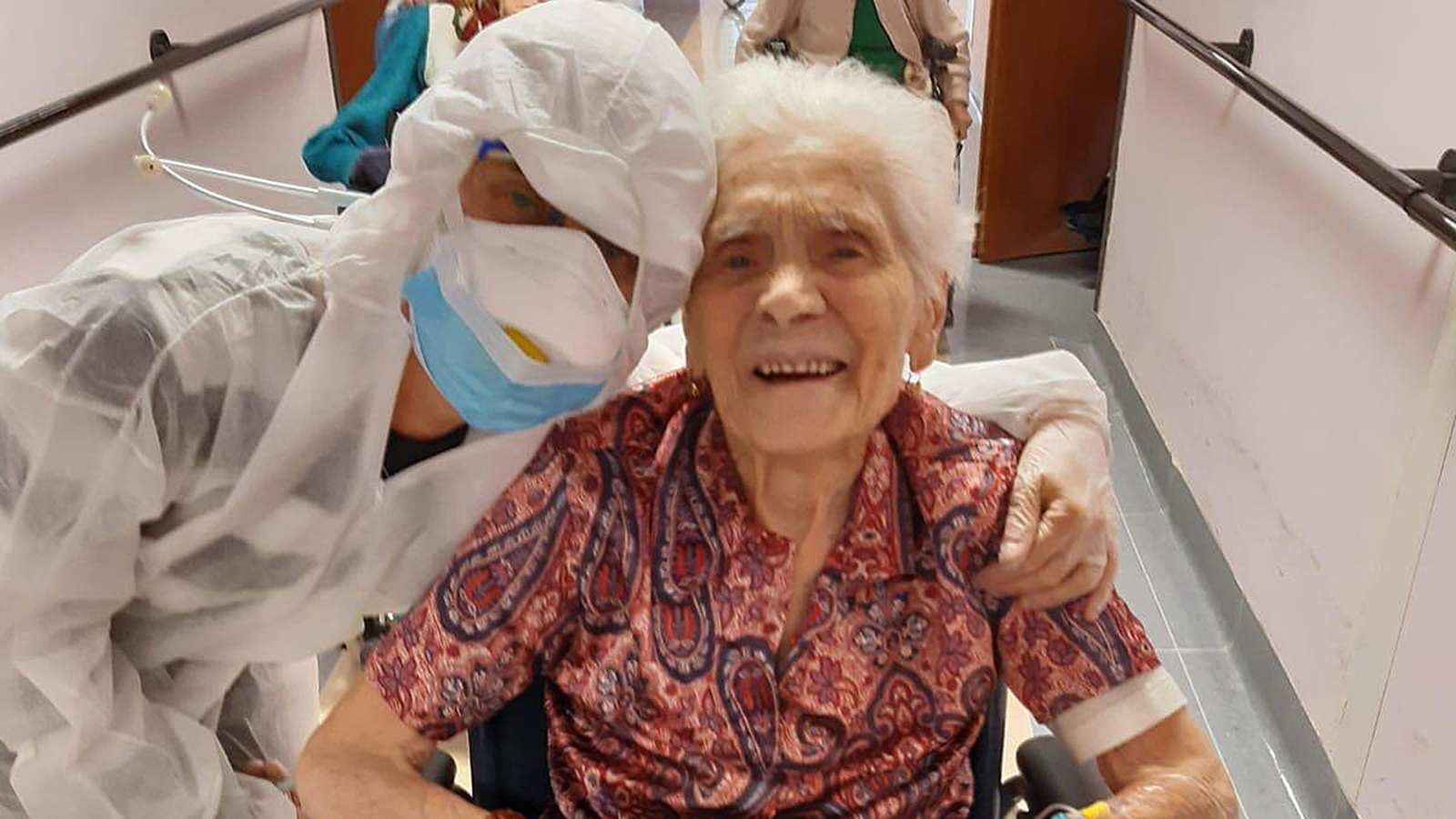



300x240.png)